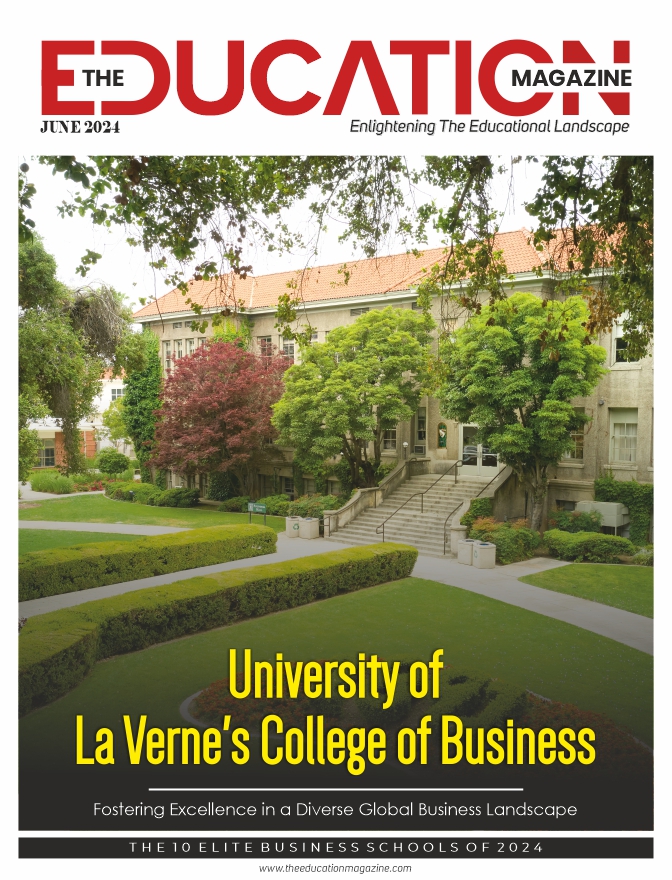Did you know that Pink Panther is not Pink? Pink Panther is a ‘Panther’ and panthers are black. Pink Panther might exist in the fictional world, but similar stereotypes do exist in the real (wild) world.
Relevance of Understanding Nature
March 4 marks World Wildlife Day—2022’s theme being “Recovering key species for ecosystem restoration”. The continued loss of species, habitats and ecosystems directly (or indirectly) threatens all forms of life on Earth.
Humans rely on wildlife and biodiversity-based resources to meet their demands, be it food or fuel. Therefore, in 2022, World Wildlife Day drives the debate towards the imperative need to reverse the fate of the most critically endangered species, support the restoration of their habitats and ecosystems and promote their sustainable use by humanity.
In order to understand the critical importance of wildlife restoration and future preservation, it is essential to recognize the various nuances and idiosyncrasies of wildlife and the ecosystem that exist around us. Every life is sacred and individual. In order to learn what being in an ecosystem actually means, our inherent worth lies beyond ‘what we can contribute to saving it’.
Therefore, learning about biodiversity and ecosystem-conservation-related concerns, including those addressed on the International Day for Biological Diversity, and ‘unlearning’ the stereotypes around them is essential. Following are 5 commonly passed myths and stereotypes along with justifications.
1. Bees are yellow-black
Contrary to the popular belief, all bees are not limited to the yellow-black color. In fact, they come in a variety of colors which include; black, white, red, orange, green, blue, and even purple. Yellow-black bees are just commonly spotted bees in domesticated areas or households.
2. Vegetarianism is equal to veganism.
Although both vegetarians and vegans ditch meat consumption, both practices are not similar. In the former, people simply quit eating meat and eggs but continue consuming other animal produces like milk, cheese, dairy products, and others. In the case of vegans, they refrain from consuming meat and eggs, and completely refrain from using any kind of animal produces including milk, cheese, and dairy products.
3. Attractive birds and insects will extinct faster than non-charismatic ones.
That is not true. Several factors such as loss of habitat, reproduction, and others trigger extinction. Irrespective of how a species’ appearance is, it can go on the verge of extinction if not present within a suitable environment.
4. Sustainability is a privilege.
Sustainability is a choice, not a privilege. We have numerous sustainable options around us that can literally help reverse the climate change implications and pose less harm to the surrounding wildlife species. It is about breaking toxic habits and inculcating sustainable ones.
5. Evolution can not always replace any missing species.
Evolution will replace species, but it takes a very long time. It has been suggested that it could take 30 million years for nature to heal itself from the effects of humans on our biological heritage. A species can take hundreds of thousands of years to branch off from its parent group to form a new species.
Also Read: Most Endangered Species in the World










